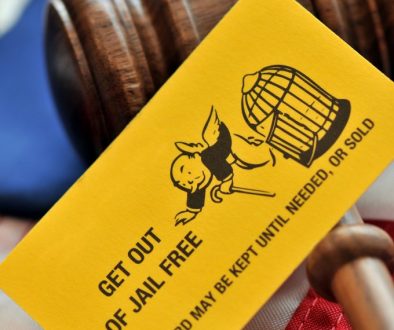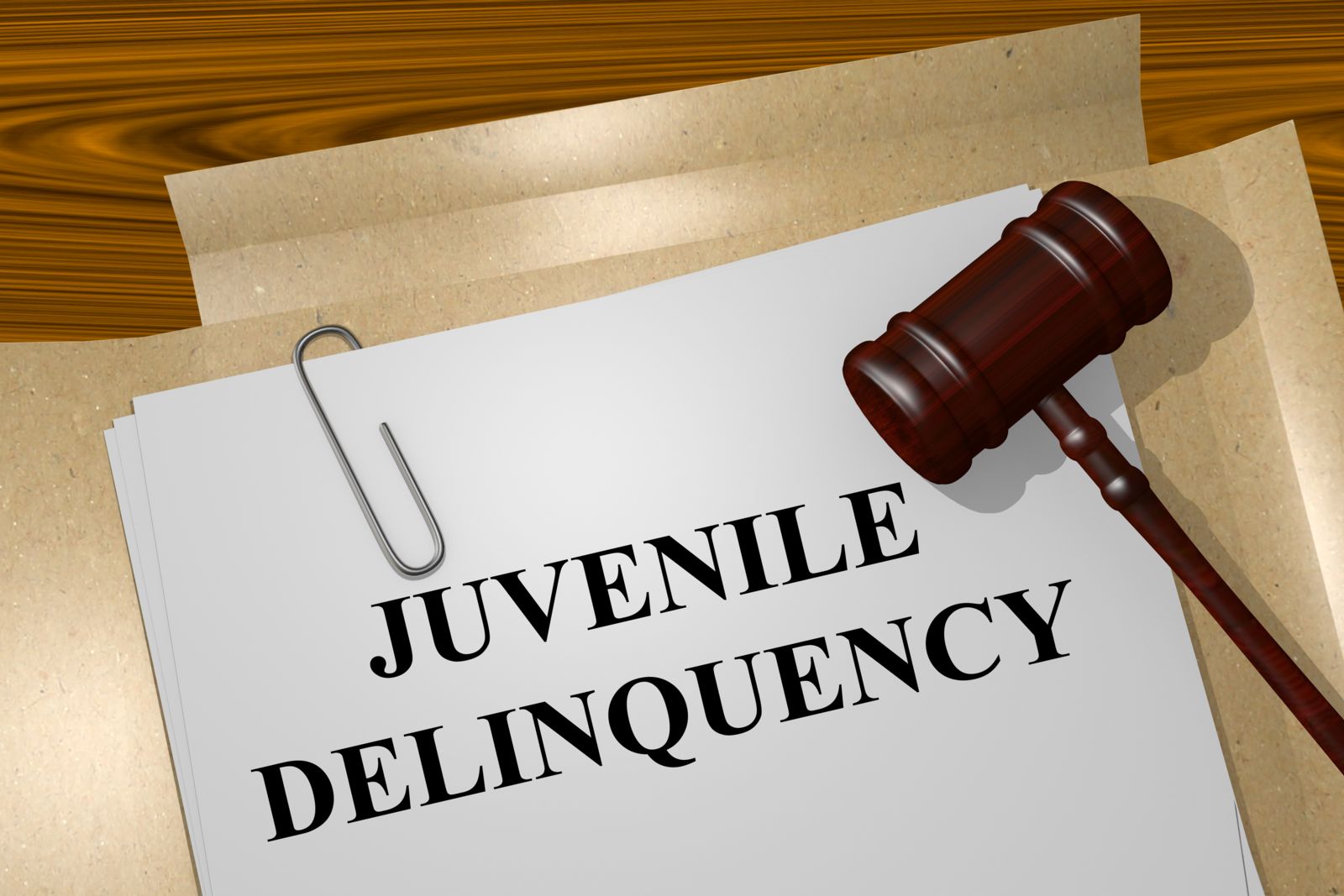Eligibility For New Jersey’s Intensive Supervision Program
.jpeg)
Our firm represents accused individuals in Pennsylvania within the Philadelphia, Montgomery, Bucks and Delaware Counties and New Jersey within its counties of Camden, Burlington, Gloucester, and Cumberland. These criminal charges that these person face range in their severity from felony to misdemeanor offenses and in their circumstances but the majority of our matter involve driving under the influence, illegal drugs and narcotics and illegal possession of guns and firearms.
Post Sentence Programs That Reduce State Prison Sentences in New Jersey
In many of these cases our firm is able to successfully present a defense or mitigate the original consequences that a person faced upon a conviction. While the majority of our work is done prior to trial, it is important to understand that Pennsylvania and New Jersey offer a number of post sentence programs designed to reduce the amount of time that a person spends in state prison. In New Jersey, one of these programs is the Intensive Supervision Program (ISP). If you would like to learn more about probation and parole in New Jersey, read my article on it.
The Intensive Supervision Program (ISP)
The Intensive Supervision Program (ISP) was created for non-violent individuals with no or limited criminal history. A person who is accepted into this program can serve the remainder of a state prison sentence under supervised release instead of in state prison. The following crimes, however, make a person ineligible for ISP
- Bribery
- Corrupt influence
- Homicide
- Sex offenses
- Robbery
- Organized crime
- Crimes of the 1st degree
- 2nd degree offenses which fall under misconduct/abuse of office
- Those who fail drug court because of a violation of special probation and have been sentenced to state prison pursuant to NJSA 2C: 35-14
Graves Act Offenses & ISP
In addition to these ineligible persons, a person who is convicted under the Graves Act (illegal firearm) is also ineligible for ISP because of the mandatory minimum period of parole ineligibility under NJSA 2C: 39-5 (h). If you recall from my previous articles, a Graves Act crime subjects an individual to a 42 month state prison sentence, but your criminal defense lawyer can attempt to negotiate a partial or full waiver with the prosecution. New Jersey Superior Court judges, however, aren’t bound by the terms of any plea agreement
The ISP Application Process
It’s important to keep in mind that a person who wants to enter ISP must make an application following sentencing. This means that he or she will need to appear before a judge and receive his sentence prior to making the application from county or state prison thereafter. Obviously your criminal defense lawyer can and should be involved in this process but some clients fail to understand what must actually occur during it. Once a person makes an application, a screening board reviews it. This board is composed of a 3 member judge panel that makes the final decision.
In addition to the ISP application, the convicted individual must identify a community sponsor and submit to an interview. During that interview the screener will ask about the person’s plan upon release from incarceration. If the person is accepted into ISP they will be released from prison and will need to remain in the program for at least 16 months if the original state prison sentence was 5 years or more.
If accepted into ISP the person must meet the following conditions:
- Obtain a job within 30 days of release
- Obey a 6PM curfew until employed
- Support dependents
- Participate in treatment and counseling
- Do not leave New Jersey without permission
- Do not carry a firearm
- Allow ISP officer to visit your home and search your home without a warrant
- Inform your employer that you are in the program
- Submit to random drug and alcohol testing
- Pay all financial obligations ordered under the program
Obviously a person hires a criminal defense lawyer for strong advocacy prior to and during trial. There are situations, however, where an attorney serves as your advocate before a sentencing judge and as a counselor who advises you of your options.
For more information on this post-trial program and pre-trial programs in New Jersey, like Pre-Trial Intervention (PTI) and Pennsylvania (ARD, Section 17) I encourage you to keep reading my blog and visit my free download section.



